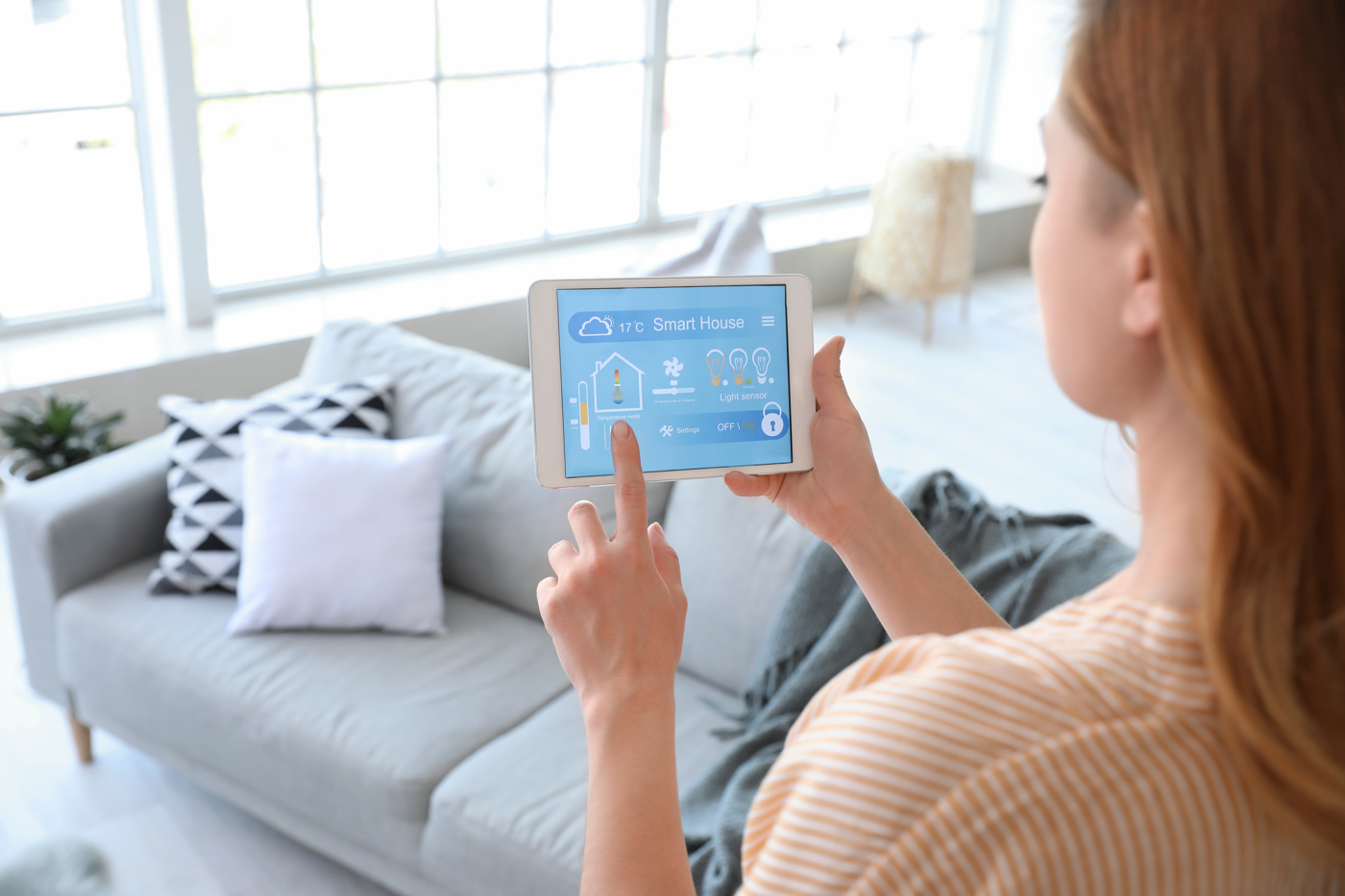Self-test Building Automation Technician HF (formerly Technician HF Building Technology (specializing in building automation)): Is this course suitable for me?

Are you interested in training as a building automation technician? But do you want to be absolutely sure that the job of a qualified building automation technician HF (formerly a technician HF building technology, specializing in building automation) meets your expectations?
Then complete our self-test now and find out whether you are on the right path with an HF degree in building automation.
For each of the possible answers "Yes", "Partly" and "No", you will receive information that is tailored to your needs and shows you the next steps.
You will receive the result at the end of the self-test, where you will also receive a link to suitable providers for further training in building automation as well as helpful tips on the question "How do I find the right school?".
Note: In fall 2022, the HF technician courses (formerly "Techniker HF [Fachrichtung]") received a separate framework curriculum and a new title for each specialization. The course "Technician HF Building Technology (specialization in building automation)" or "Technician HF Telecommunications" is now called "Building Automation Technician HF".
